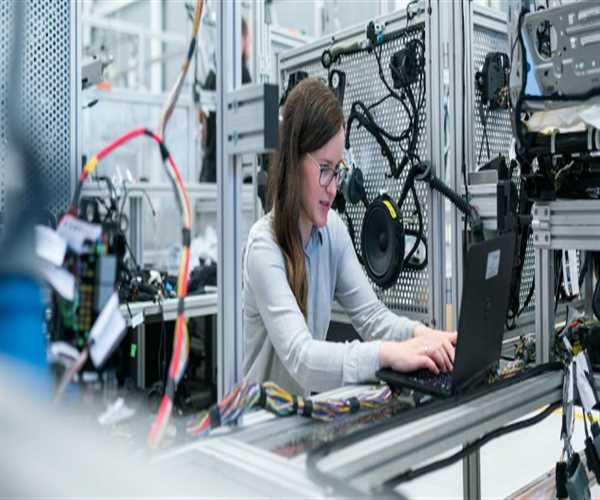As the world continues to urbanize at an unprecedented pace, cities face numerous challenges related to population growth, resource management, and environmental sustainability. In response, the concept of smart cities has emerged, aiming to leverage technology to create more sustainable, efficient, and livable urban environments. This blog post explores the integration of technology in smart cities and its role in driving sustainable urban development.
Efficient Resource Management
Smart cities utilize advanced technologies to optimize the management of resources such as energy, water, and waste. Through the Internet of Things (IoT), sensors and interconnected devices collect and analyze real-time data, allowing for intelligent resource allocation and conservation. For instance, smart grids enable efficient energy distribution, while smart water management systems detect leaks and monitor consumption, ensuring water conservation. By optimizing resource management, smart cities reduce waste, lower operational costs, and contribute to a more sustainable future.
Intelligent Transportation Systems
Transportation is a critical aspect of urban life, and smart cities employ technology to enhance transportation systems for improved efficiency and reduced environmental impact. Intelligent transportation systems utilize real-time data, GPS, and traffic sensors to manage traffic flow, optimize public transportation routes, and reduce congestion. Additionally, smart parking solutions leverage sensors and mobile applications to guide drivers to available parking spaces, minimizing unnecessary traffic and carbon emissions. By promoting sustainable transportation options, smart cities reduce reliance on private vehicles and foster greener and more efficient mobility.
Sustainable Infrastructure
Technology plays a crucial role in developing sustainable infrastructure in smart cities. Advanced monitoring systems, including smart sensors and data analytics, enable the efficient management and maintenance of infrastructure assets such as buildings, bridges, and utilities. These systems can detect structural issues, predict maintenance needs, and optimize energy usage in buildings. Moreover, the integration of renewable energy sources, such as solar panels and wind turbines, in smart city infrastructure contributes to reduced carbon emissions and increased resilience to power disruptions. Sustainable infrastructure ensures long-term environmental and economic benefits for urban areas.
Citizen Engagement and Participation
Smart cities emphasize citizen engagement and participation, empowering residents to actively contribute to the development and sustainability of their communities. Digital platforms and mobile applications allow citizens to report issues, provide feedback, and participate in decision-making processes. These technologies facilitate transparency and collaboration between the government, businesses, and residents, resulting in more inclusive and responsive urban governance. By involving citizens in sustainable initiatives and leveraging their collective knowledge, smart cities can create a sense of ownership and foster a culture of environmental stewardship.
Data-Driven Decision Making
In smart cities, data is a valuable asset for informed decision-making. The vast amount of data collected from various sources provides insights into urban patterns, resource consumption, and citizen behavior. Through data analytics and predictive modeling, city planners can make informed decisions regarding urban development, infrastructure investment, and resource allocation. Data-driven approaches enable the identification of trends, potential issues, and opportunities for sustainable interventions. By harnessing the power of data, smart cities can optimize their operations, improve services, and create evidence-based policies for sustainable urban development.
Conclusion
Smart cities represent a vision for a sustainable and technologically advanced urban future. By integrating technology into various aspects of urban life, these cities optimize resource management, enhance transportation systems, develop sustainable infrastructure, foster citizen engagement, and enable data-driven decision-making. As more cities embrace the concept of smart cities, we move closer to achieving a more sustainable, livable, and resilient urban environment. Through the integration of technology, we can create cities that not only meet the needs of their inhabitants but also minimize their environmental impact, ensuring a better future for generations to come.




Leave Comment